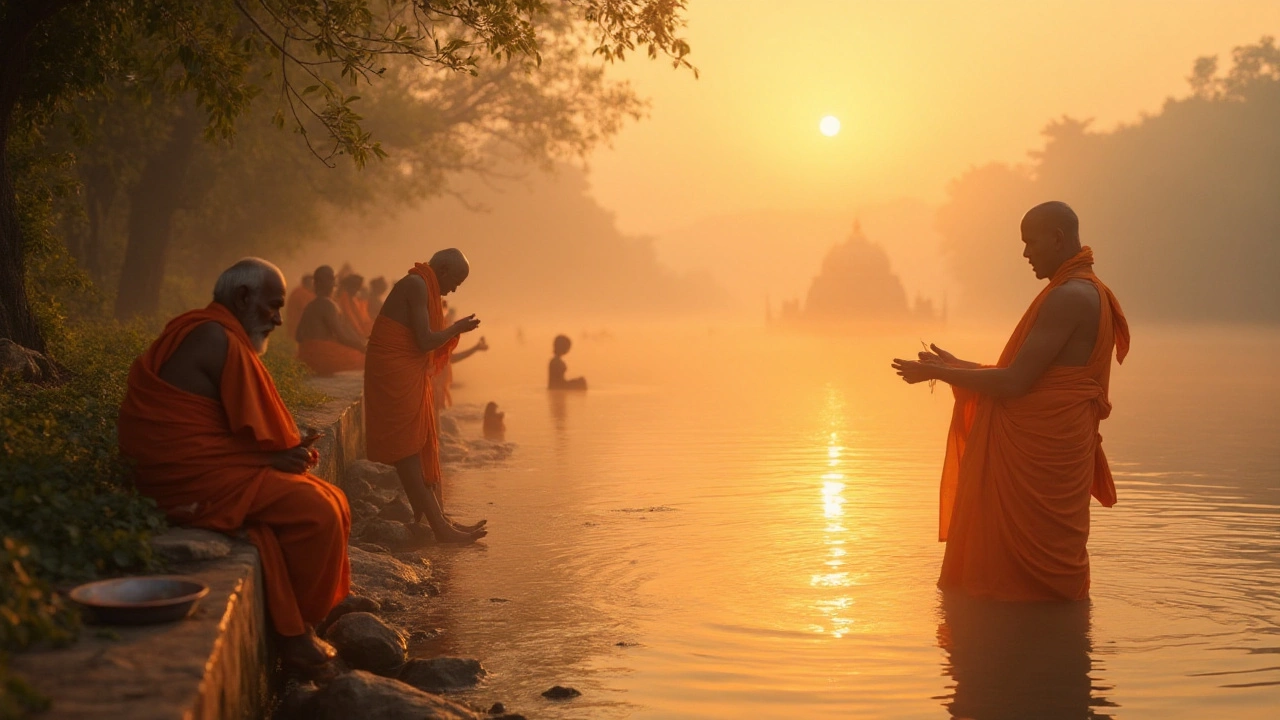Spiritual Traditions: A Simple Guide to India’s Timeless Beliefs
If you’ve ever wondered what makes Indian culture so rich, the answer starts with its spiritual traditions. These are the ideas, rituals, and stories that have shaped daily life for thousands of years. They aren’t just for scholars – anyone can see them in food, festivals, and the way people greet each other.
India’s biggest spiritual tradition is Hinduism. It mixes worship of many gods, a belief in reincarnation, and a focus on personal growth. You’ll hear about Krishna, Shiva, and the goddess Lakshmi in movies, songs, and street art. But Hinduism isn’t a single rule book; it adapts to local customs, so a village in Kerala might celebrate a different festival than a town in Punjab.
Buddhism started in India too. The teachings of Siddhartha Gautama (the Buddha) focus on ending suffering through meditation and ethical living. Today, you can find simple meditation centers in big cities and quiet monasteries in the hills. The practice of mindfulness, now popular worldwide, is a direct off‑shoot of these ancient lessons.
Sikhism, founded by Guru Nanak in the 15th century, blends devotion to one God with a strong sense of community service. The golden dome of the Golden Temple in Amritsar shows how spiritual life can also be a public space. Visiting a Gurdwara, you’ll sit on the floor, share a communal meal, and hear the hymn "Allahu Akbar" spoken in a calm, inclusive tone.
Everyday Practices You Can Try
You don’t need to travel far to feel the vibe of these traditions. Try lighting a small oil lamp (diya) in the evening and saying a short prayer or thought for the day. It’s a simple way to pause and reflect.
Another easy habit is listening to a short chant or mantra. Six to ten minutes of "Om" or "Waheguru" can clear your mind before work. You can find recordings on any music app – no need for a guru.
Take a walk in a local temple or mosque courtyard. Even if you’re not part of that faith, notice the incense, the rhythmic bells, and the calm atmosphere. These senses teach you respect without any heavy reading.
Why These Traditions Matter Today
Modern life feels fast, but spiritual traditions remind us to slow down. They give a framework for dealing with stress, grief, and joy. When you understand the idea of karma, you might think twice before a snap‑decision that could hurt others.
They also build community. Shared festivals like Diwali, Holi, or Baisakhi bring neighbors together, creating networks that help during tough times. The sense of belonging can be especially valuable in big cities where people feel isolated.
Finally, these traditions inspire art, food, and technology. From yoga studios worldwide to Bollywood movies that weave mythic stories, the influence is everywhere. Recognizing the source helps you appreciate the creativity behind what you enjoy daily.
So, whether you’re a curious traveler, a student, or just someone looking for a calm moment, start small. Light a lamp, listen to a chant, or join a community meal. You’ll quickly see how India’s spiritual traditions can fit into any lifestyle and add a deeper meaning to ordinary days.
